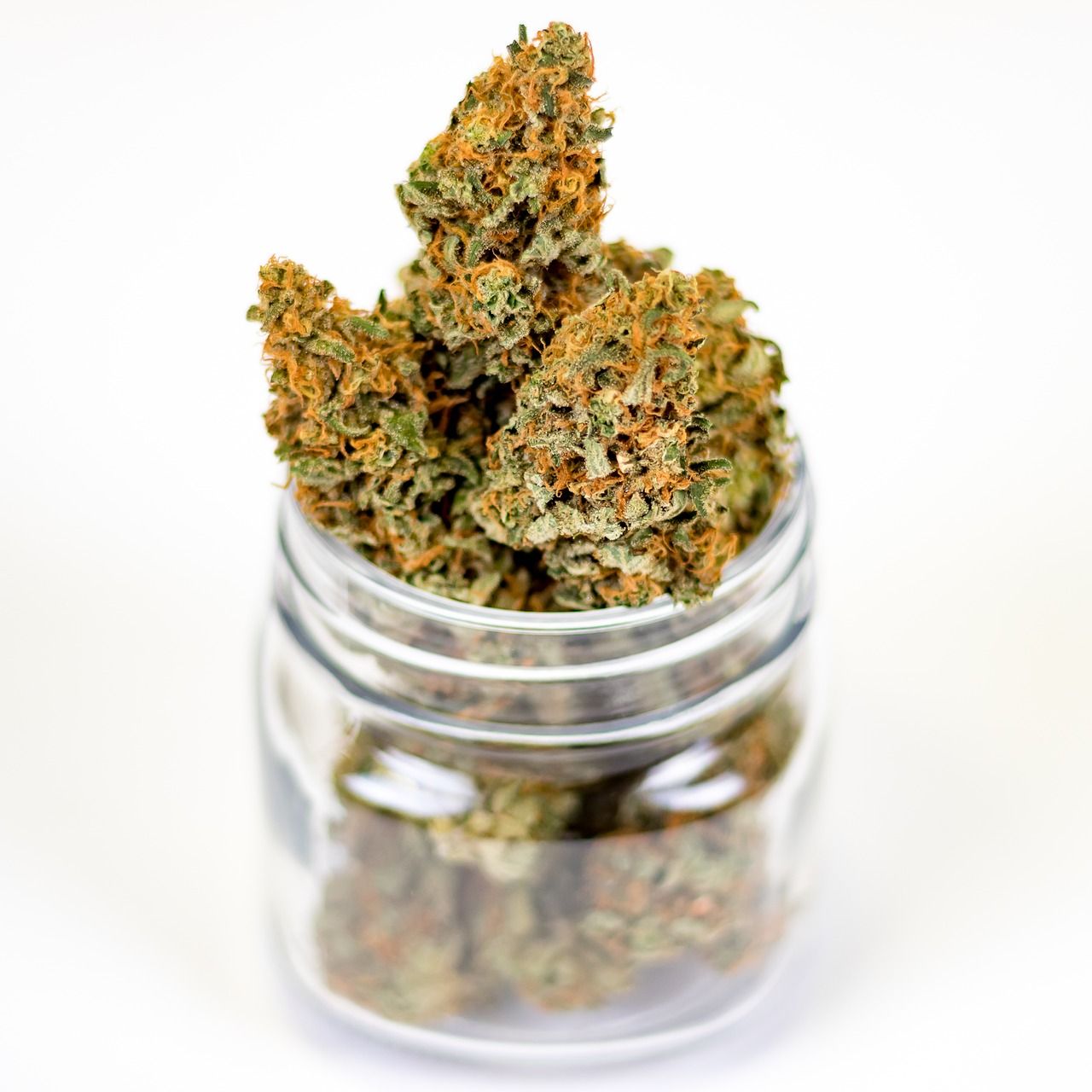In today’s fitness landscape, recovery is considered just as important as training itself. Athletes and everyday gym-goers alike know that progress is not only built on lifting heavier weights or running longer miles—it’s also about how effectively the body heals. Recently, cannabis has entered this conversation, with many asking: can cannabis help boost recovery?
Understanding Recovery in Fitness
Recovery is a multi-layered process. Muscles need time to repair after being stressed during workouts, the nervous system recalibrates from high-intensity activity, and inflammation often spikes after strenuous training. Traditional recovery methods include proper sleep, balanced nutrition, hydration, stretching, and therapies like massage or cold plunges.
Yet as science evolves, new solutions are explored. For some, cannabis—once stereotyped as counterproductive to performance—has become part of a balanced recovery strategy.
Cannabis and the Body: Why It Matters
Cannabis contains compounds known as cannabinoids, primarily THC (tetrahydrocannabinol) and CBD (cannabidiol). These interact with the body’s endocannabinoid system (ECS), a regulatory network that influences pain perception, inflammation, stress response, and even sleep.
- THC has psychoactive effects but is also known for pain relief and muscle relaxation.
- CBD, non-intoxicating, is praised for its anti-inflammatory and calming properties.
When used responsibly, these cannabinoids may complement recovery by addressing the very processes that slow down progress—pain, soreness, and restless sleep.
Pain Relief and Muscle Recovery
Soreness is inevitable after a tough training session, but too much pain can discourage consistency. Studies suggest that cannabis, particularly CBD, can help reduce delayed onset muscle soreness (DOMS) by lowering inflammation. Athletes have reported that using CBD oils, topicals, or tinctures reduces post-workout discomfort, allowing them to get back to training sooner.
THC also plays a role. Some fitness enthusiasts find that low doses after workouts help ease stiffness and muscle tightness. For strength trainers or endurance athletes, this relief can be the difference between skipping a session and staying on track.
Better Sleep, Better Gains
Sleep is arguably the most underrated recovery tool. Growth hormone production, muscle repair, and memory consolidation all occur during deep sleep cycles. Cannabis may support sleep by calming the nervous system.
CBD has been studied for its ability to reduce anxiety and promote relaxation, making it easier to fall asleep naturally. On the other hand, certain strains of THC may shorten the time it takes to drift off. However, consistent high doses of THC can interfere with REM sleep, so moderation is essential.
Reducing Stress and Enhancing Mindset
Fitness is not only physical—it’s also mental. Stress, anxiety, and burnout can derail recovery and motivation. Cannabis may provide psychological benefits, helping users relax after demanding training sessions. Many athletes incorporate low-dose CBD before yoga, meditation, or stretching to enhance the mind-body connection and support holistic recovery.
The Risks and Considerations
While cannabis shows promise, it’s not without considerations:
- Dosage matters: Too much THC can impair coordination, slow reaction times, and affect motivation.
- Timing is key: Using cannabis before a workout may not always be ideal; post-workout or evening use is generally more recovery-friendly.
- Individual response varies: Genetics, tolerance, and metabolism all influence how someone reacts.
- Legal and professional restrictions: Athletes should check local laws and sports regulations before integrating cannabis.
Lifestyle Integration
For fitness enthusiasts who already value balance, cannabis can be one more tool in the recovery toolkit. Many choose CBD topicals for targeted muscle soreness, edibles for sleep support, or vape cartridges for fast-acting relief after a particularly grueling session.
Pairing cannabis with established recovery habits—hydration, protein intake, stretching, and mobility work—maximizes results. When used mindfully, cannabis doesn’t replace these fundamentals; it enhances them.
Looking Ahead
The relationship between cannabis and fitness is still being studied, but the cultural shift is undeniable. Professional athletes, from MMA fighters to endurance runners, have openly embraced cannabis as part of their wellness routine. As more research develops, cannabis may become not just an alternative option, but a mainstream recovery aid.
For now, the message is clear: recovery is essential, and cannabis, when used responsibly, may help athletes and fitness enthusiasts recover faster, sleep deeper, and train harder.

